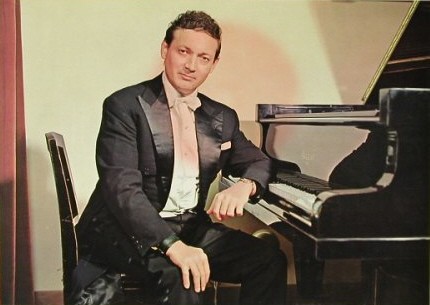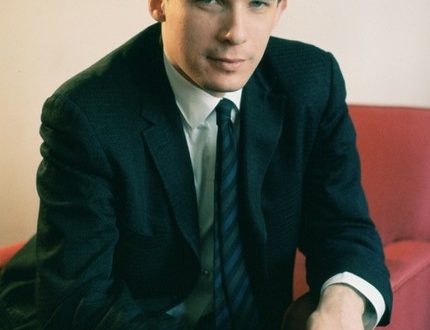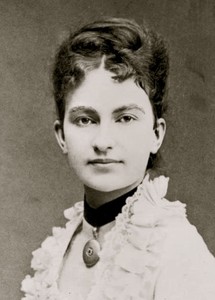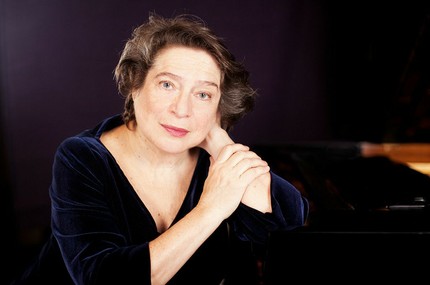
Georges Cziffra |
Georges Cziffra

Music critics used to call this artist a “fanatic of precision”, “pedal virtuoso”, “piano acrobat” and the like. In a word, he often has to read or hear those accusations of bad taste and meaningless “virtuosity for the sake of virtuosity” that once generously rained down on the heads of many highly respected colleagues. Those who dispute the legitimacy of such a one-sided assessment usually compare Tsiffra with Vladimir Horowitz, who for most of his life was also reproached for these sins. “Why is what was forgiven before, and now completely forgiven Horowitz, imputed to Ziffre?” one of them exclaimed indignantly.
- Piano music in the online store OZON.ru
Of course, Ziffra is not Horowitz, he is inferior to his older colleague both in terms of the scale of talent and titanic temperament. Nevertheless, today he has grown to a significant extent on the musical horizon, and, apparently, it is not by chance that his playing does not always reflect only a cold external brilliance.
Ciffra is truly a fanatic of piano “pyrotechnics”, impeccably mastering all sorts of means of expression. But now, in the second half of our century, who can be seriously surprised and captivated by these qualities for a long time?! And he, unlike many, is able to surprise and captivate the audience. If only by the fact that in his very, truly phenomenal virtuosity, there is the charm of perfection, the attractive force of crushing pressure. “In his piano, it seems, not hammers, but stones, strike the strings,” critic K. Schumann noted, and added. “The bewitching sounds of cymbals are heard, as if a wild gypsy chapel is hidden there under the cover.”
The virtues of Ciffra are most clearly manifested in his interpretation of Liszt. This, however, is also natural – he grew up and was educated in Hungary, in the atmosphere of the Liszt cult, under the auspices of E. Donany, who studied with him from the age of 8. Already at the age of 16, Tsiffra gave his first sala concerts, but he gained real fame in 1956, after performances in Vienna and Paris. Since that time he has been living in France, from Gyorgy he turned into Georges, the influence of French art affects his playing, but Liszt’s music, as they say, is in his blood. This music is stormy, emotionally intense, sometimes nervous, crushingly swift and flying. This is how it appears in his interpretation. Therefore, Ziffra’s achievements are better – romantic polonaises, etudes, Hungarian rhapsodies, mephisto-waltzes, operatic transcriptions.
The artist is less successful with large canvases by Beethoven, Schumann, Chopin. True, here, too, his playing is distinguished by enviable confidence, but along with this – rhythmic unevenness, unexpected and not always justified improvisation, often some kind of formality, detachment, and even negligence. But there are other areas in which Ciffra brings joy to listeners. These are Mozart and Beethoven miniatures, performed by him with enviable grace and subtlety; this is early music – Lully, Rameau, Scarlatti, Philipp Emanuel Bach, Hummel; finally, these are works that are close to the Liszt tradition of piano music – like Balakirev’s “Islamey”, twice recorded by him on a plate in the original and in his own transcription.
Characteristically, in an effort to find an organic range of works for him, Tsiffra is far from passivity. He owns dozens of adaptations, transcriptions and paraphrases made in the “good old style”. There are opera fragments by Rossini, and the polka “Trick Truck” by I. Strauss, and “Flight of the Bumblebee” by Rimsky-Korsakov, and the Fifth Hungarian Rhapsody by Brahms, and “Saber Dance” by Khachaturian, and much more. In the same row are Ciffra’s own plays – “Romanian Fantasy” and “Memories of Johann Strauss”. And, of course, Ciffra, like any great artist, owns a lot in the golden fund of works for piano and orchestra – he plays popular concertos by Chopin, Grieg, Rachmaninov, Liszt, Grieg, Tchaikovsky, Franck’s Symphonic Variations and Gershwin’s Rhapsody in Blue…
“Whoever heard Tsiffra only once remains at a loss; but whoever listened to him more often can hardly fail to notice that his playing – as well as his extremely individual musicality – are among the most exceptional phenomena that can be heard at all today. Many music lovers will probably join these words of the critic P. Kosei. For the artist has no shortage of admirers (although he does not care too much about fame), though mainly in France. Outside of it, Tsiffra is little known, and mainly from records: he already has more than 40 records to his credit. He tours relatively rarely, he has never traveled to the United States, despite repeated invitations.
He devotes a lot of energy to pedagogy, and young people from many countries come to study with him. A few years ago, he opened his own school in Versailles, where famous teachers teach young instrumentalists of various professions, and once a year a piano competition is held that bears his name. Recently, the musician bought an old, dilapidated building of a Gothic church 180 kilometers from Paris, in the town of Senlis, and invested all his funds in its restoration. He wants to create a musical center here – the F. Liszt Auditorium, where concerts, exhibitions, courses would be held, and a permanent music school would work. The artist maintains close ties with Hungary, performs regularly in Budapest, and works with young Hungarian pianists.
L. Grigoriev, J. Platek, 1990





